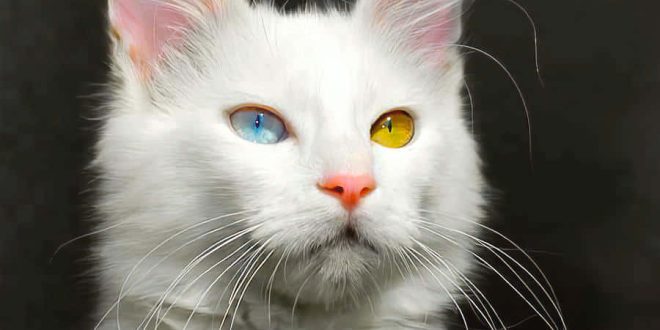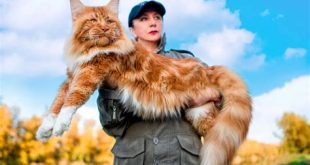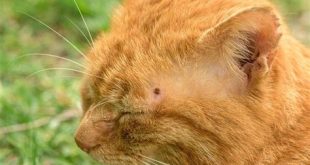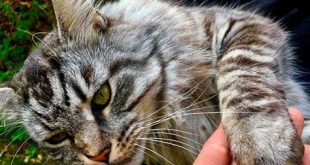The Turkish Angora is a stunningly beautiful and ancient breed of cat, known for its sleek, silky coat, elegant build, and playful personality. With its roots tracing back to Turkey, this breed has been cherished for centuries, originally hailing from the Angora region (modern-day Ankara). The Turkish Angora is not just a pretty face; it is an intelligent, affectionate, and active cat that thrives in a loving and stimulating environment.
Physical Appearance
One of the most distinguishing features of the Turkish Angora is its coat. This long, fine, and silky fur is typically white, but it can come in various colors and patterns, including tabby, black, and even tortoiseshell. Their coat is soft to the touch, requiring regular grooming to keep it in top condition. Despite having long hair, Turkish Angoras do not have an undercoat, which helps prevent matting and tangling.
Their slender yet muscular build gives them an air of grace and agility. They have a triangular head with large, almond-shaped eyes that are typically green, blue, or amber, contributing to their expressive and intelligent look. Their ears are long and pointed, further accentuating their elegant appearance.
Personality and Temperament
Turkish Angoras are known for their playful, energetic, and curious nature. They are highly social cats that enjoy spending time with their human companions and are often described as “dog-like” in their loyalty. They love to be involved in the household activities and are not the type of cat to shy away from attention. These cats are also quite intelligent, learning tricks and commands quickly, and they enjoy interactive toys that challenge their minds.
Although they are affectionate, Turkish Angoras are independent and can entertain themselves when left alone, provided they have enough stimulation. They are also known for being agile climbers and jumpers, often scaling furniture or exploring high places around the home.
Health and Care
Turkish Angoras are generally healthy cats, with a long lifespan of around 12 to 16 years. However, they can be prone to certain genetic conditions, such as hypertrophic cardiomyopathy (a heart condition) and some forms of kidney disease. Regular vet check-ups and maintaining a healthy diet are essential for keeping your Turkish Angora in good health.
Despite their long coats, Turkish Angoras do not require excessive grooming compared to other long-haired breeds, thanks to their lack of an undercoat. Weekly brushing will suffice to keep their coat shiny and free from tangles.
Conclusion
The Turkish Angora is a cat that combines beauty, intelligence, and a playful personality, making it an ideal companion for active families or individuals who can provide them with the attention, stimulation, and love they crave. If you’re looking for a strikingly beautiful and affectionate feline friend, the Turkish Angora could be the perfect addition to your home.
 PAWS AND WHISKERS PET CARE
PAWS AND WHISKERS PET CARE




